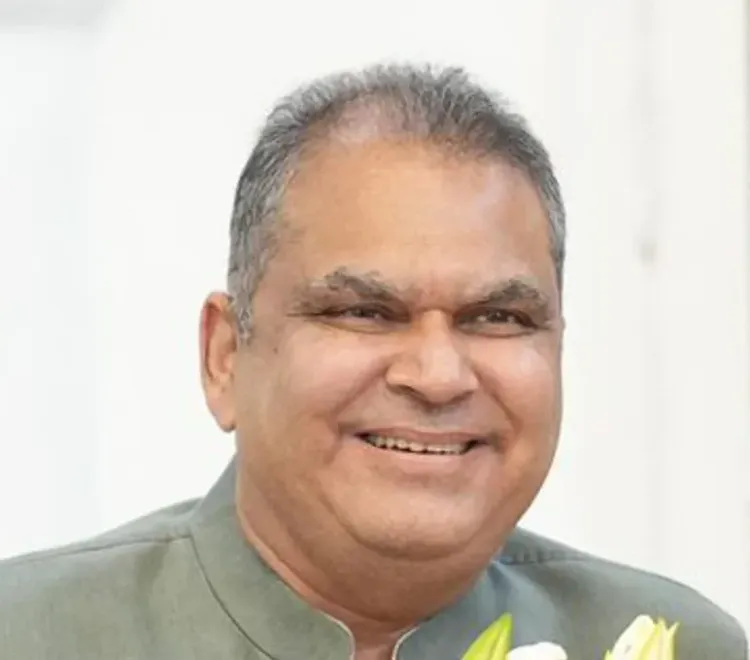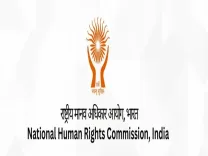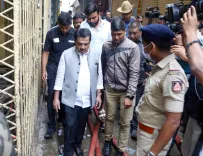Is Punjab's New Industrial Policy the Best in India?

Synopsis
Key Takeaways
- New industrial policy to boost growth in Punjab.
- Sector-specific committees will be established for collaboration.
- Committees will focus on diverse industries including textiles, IT, and renewable energy.
- Recommendations due within 45 days of committee formation.
- Inclusivity in member selection to represent various viewpoints.
Chandigarh, July 17 (NationPress) The Punjab government is set to implement a new industrial policy, which it asserts will be the finest in India and will facilitate a progressive environment for industrial advancement and job creation within the state.
The policy will be formulated following extensive discussions with various industrial sectors, as stated by Industry Minister Sanjeev Arora during a press conference on Thursday.
In the initial phase, the government plans to announce sector-specific committees to enable a systematic and cooperative interaction between industry stakeholders and government officials, he informed the press.
These committees will operate for a duration of two years from the date they are established, with the possibility of extension at the government's discretion. The sectors included in the new policy will encompass textiles—such as spinning and weaving, apparel production, dyeing and finishing, information technology, sports, leather goods, machine tools, bicycle manufacturing, automotive and component sectors, heavy machinery, electric vehicles, renewable energy, food processing, and dairy, among others.
Minister Arora noted that the primary responsibility of each committee will be to deliver a structured set of insights regarding the current industrial landscape in their respective sectors and propose recommendations for the new industrial policy, considering the state's unique structural and fiscal circumstances.
The committees are anticipated to present these recommendations in writing within 45 days of their establishment. Each committee will consist of a chairperson and approximately 8 to 10 industry representatives.
However, additional members may be appointed at the government's discretion. Members are expected to represent a variety of sizes, scales, and geographical locations to ensure diverse perspectives during discussions. The minister emphasized that each committee will conduct its own meetings; however, secretariat support will be provided by an Additional District Commissioner who will serve as the committee secretary.










